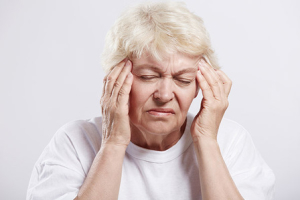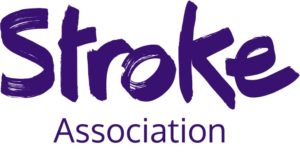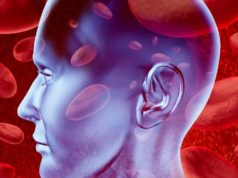 A concerning new trend has been revealed by the Stroke Association. The charity states that the most at-risk groups are least likely to call for an ambulance due to not wanting to “burden the already busy emergency services”. These acts of altruism, however, are causing people to die at home.
A concerning new trend has been revealed by the Stroke Association. The charity states that the most at-risk groups are least likely to call for an ambulance due to not wanting to “burden the already busy emergency services”. These acts of altruism, however, are causing people to die at home.
Despite NHS and Government advice that the NHS is “open for business”, new survey results released on behalf of the Stroke Association have found that despite being most at risk, over 65s are most likely to put off calling 999 for non-COVID life-threatening conditions. They report the main reason is not wanting to “burden the already busy emergency services”. The charity warns, in accordance with their successful stroke campaign, that those that see signs of stroke need to act FAST and call 999.
Public Health England have reported that hospital admissions are still down from what is expected at this time of year. Moreover, the Office for National Statistics (ONS) has reported that deaths at home attributed to stroke during the coronavirus period in England are much higher than the previous five-year average, rising by 54%.
Martin James, clinical director of the King’s College London Stroke Programme and consultant stroke physician at the Royal Devon & Exeter Hospital, Exeter, comments: “On my acute stroke unit in Exeter and across the country stroke specialists have seen striking reductions in the number of people coming into hospital with the symptoms of stroke during the coronavirus pandemic. But our hospitals remain well equipped and ready to treat stroke patients safely and so we would say to the Great British public, despite everything else that is going on, stroke is still a medical emergency.”

Chief Executive of the Stroke Association, Juliet Bouverie, adds that “stoicism kills”. She maintains that the British sense of ‘keep calm and carry on’ does not saves lives: “It is really worrying to see that the people most at risk of stroke are most likely to die at home because they were too frightened of bothering the emergency services—your life matters. Stroke is a brain attack. When you see the signs of stroke, you need to raise the alarm right away by calling 999.”
Key findings collated by the Stroke Association include that deaths at home have risen by 54% based on the rolling five-year average, while hospital admissions in England are down 38% from what is expected at this time of year, according to Public Health England. Moreover, the charity states that over a third of older people (35%) say they were less likely to contact emergency services with non-COVID symptoms due to the pandemic, and 51% of older people stated when asked on their reason for not attending hospital, that they did not want to burden the emergency services.









